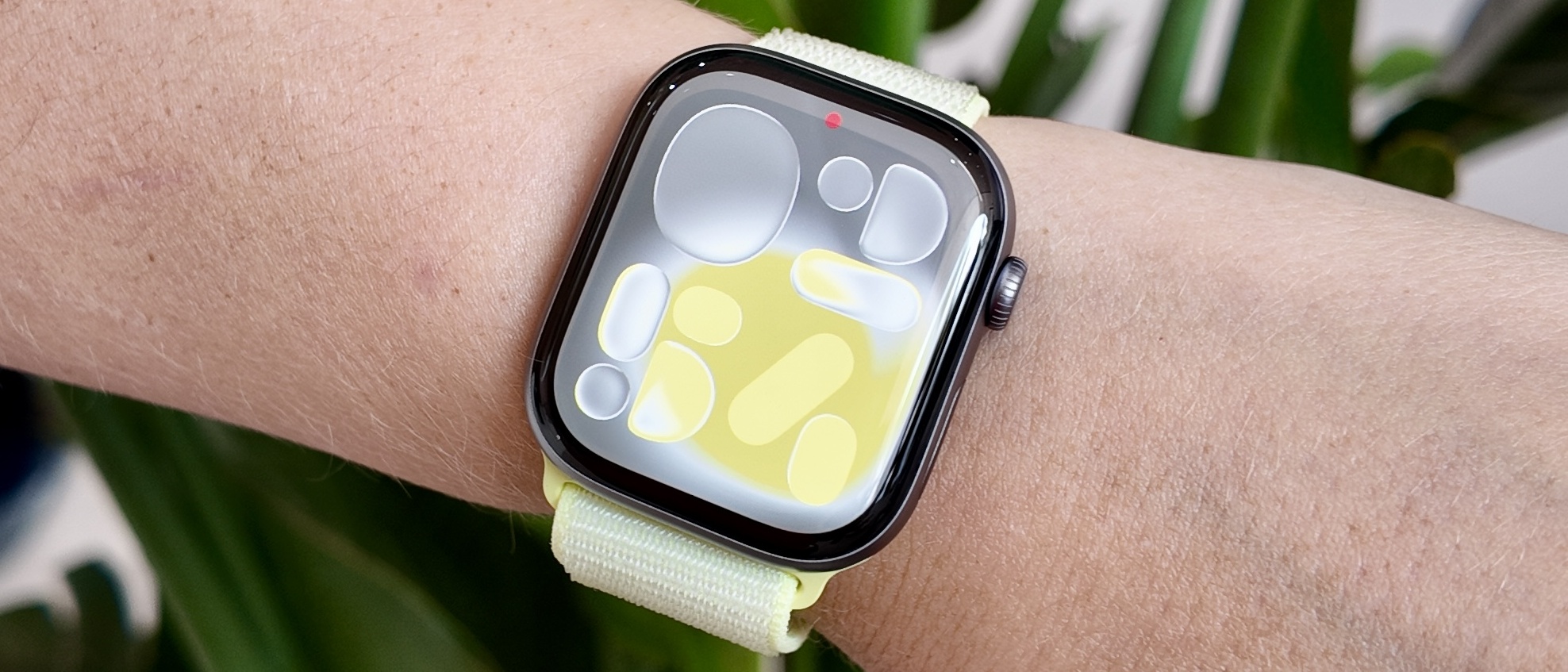The Marines are heading to Los Angeles. The Trump administration deployed a battalion of 700 to the city, along with 2,000 additional National Guard troops, in response to days of protests in the city. The demonstrations were more limited last night, and state officials criticized Trump’s orders.
“This is a provocation, not just an escalation,” Gov. Gavin Newsom said in an interview with The Times. “This is intended to sow more fear, more anger, and to further divide.”
The Pentagon did not make clear why it would need more National Guard troops in the city. The state has also sued to block the use of the National Guard. And Democrats expressed alarm about the arrival of Marines. As our colleagues explain in this article, American military troops are supposed to be used inside the U.S. only in the rarest and most extreme situations.
Strangely, even as his administration deployed the armed forces, Trump said the situation in Los Angeles had already calmed down. “It’s still simmering a little bit,” he told reporters at the White House yesterday afternoon. “But not very much.”
The police and small groups of protesters clashed in the Little Tokyo neighborhood yesterday, where the L.A.P.D. made arrests, and used tear gas to disperse crowds. But there generally seemed to be fewer clashes between protesters and police officers. So far, the National Guard appears to have largely stayed out of those confrontations.
ICE’s escalation
Why are the protests against Trump’s immigration raids happening now? Hamed Aleaziz, who covers immigration, explains:
The eruption in Los Angeles began when immigration agents showed up to arrest people at their jobs. They hadn’t told the city they were coming, and protesters tried to stop them.
This probably won’t be the last such conflict. The Trump administration is escalating its immigration crackdown, and worksite raids are the next major step. Future arrests are likely to be disruptive.
Finding more migrants: For most of this year, officials from Immigrations and Customs Enforcement have snagged the easiest-to-find migrants: People with criminal records, court petitions, asylum requests. Agents often knew where these people would be.
The result: The government was deporting about 700 per day, not much more than the Biden administration.
Last month, Stephen Miller, Trump’s immigration czar, delivered a message: ICE needed to hit a “minimum” of 3,000 arrests a day — about 10 times the figure under Biden.
Creative answers: To get there, the agency is seeking new tactics. The government has dismissed criminal cases against migrants and then arrested them as they left court. It is showing up at workplaces. And it has asked the National Guard and the Marines to help with enforcement.
Can Trump do that?
The White House says it deployed federal troops to Los Angeles because the local police need help to counter “insurrectionists.” But the Posse Comitatus Act says the armed forces aren’t law enforcement. We asked Rachel VanLandingham, a professor at Southwestern Law School and a former Air Force lieutenant colonel, what’s allowed.
Is this all legal?
The founders wanted to prevent the president from using federal troops against “we the people” because of the way the Red Coats used warrants to do whatever they wanted in people’s homes. But National Guard troops are local citizens; they live in their communities. So they’re allowed to help with police work — until they’re federalized. Which is what Trump did last weekend. Then they became indistinguishable from active-duty military. All they can do is defend federal workers like ICE agents, and federal buildings like an ICE detention center.
So the California National Guard and the Marines can’t contain the protests?
Not unless the president invokes the Insurrection Act! That law lets troops police our streets to suppress insurrections and help execute federal law in the face of rebellion.
Trump said yesterday that the protesters were “insurrectionists.” What counts as a rebellion?
It’s very vague — the law doesn’t say. It could be people trying to stop ICE agents from doing their job. I don’t think courts are going to want to argue about what constitutes a rebellion. The founders gave the president discretion here, so if Trump does invoke the Insurrection Act he’s on firm legal footing.
More on the protests
-
An officer struck an Australian television journalist with a rubber bullet while she was on the air. At least two other journalists, including a Times reporter, have also been struck during the protests.
-
In Santa Ana, Calif., city officials said that federal agents used tear gas, pepper balls and rubber bullets against protesters who threw bottles and rocks.
-
Protests spread to cities including San Francisco, Dallas and New York. They remained largely contained with brief clashes between demonstrators and law enforcement.
-
The union leader David Huerta was released from detention. Union members across the country had marched in support of him after federal agents arrested him at a protest on Friday.
More on the responses
THE LATEST NEWS
Health
-
The panel of vaccine experts that Robert F. Kennedy Jr. fired at the C.D.C. made significant decisions about who receives immunizations, including vaccines for children.
-
In a sharply written open letter, dozens of employees at the National Institutes of Health accused the government of undermining the agency’s work and endangering people’s health.
More on the Trump Administration
-
A group of Democratic-led states sued to challenge the reversal of a Biden-era effort to ban devices that turn semiautomatic rifles into makeshift machine guns.
-
Trump is asking federal job applicants to describe their allegiance to administration policy in an essay. He’s the first president to take that step, experts said.
-
The Smithsonian said it retained authority over personnel, including at the National Portrait Gallery, whose director Trump says he’s fired.
Israel-Hamas War
Lives Lived: Frederick Forsyth used his early experience as a British foreign correspondent and an occasional intelligence operative as fodder for swashbuckling, best-selling thrillers in the 1970s and ’80s, including “The Day of the Jackal” and “The Dogs of War.” Forsyth died at 86.
SPORTS
N.H.L.: The Panthers have a 2-1 series lead in the Stanley Cup Final. They defeated the Oilers, 6-1, in Game 3.
Broadcasting: ESPN announced a multiyear contract extension with Dick Vitale. The deal will bring Vitale’s tenure to nearly 50 years.
ARTS AND IDEAS
For decades, the Goodyear blimp has been ubiquitous at major sporting events. Blimps may seem a quaint technology in the age of drones, but their ability to capture a skyline, a stadium or the flight of a golf ball has made them an indispensable part of broadcasts. Read more about why the blimp endures, 100 years after its debut.











